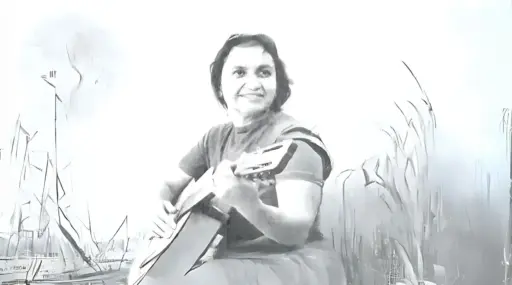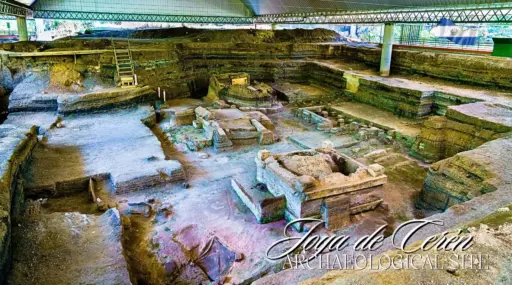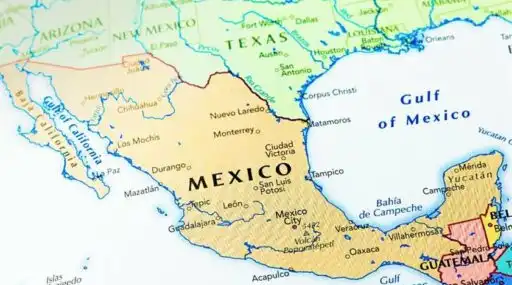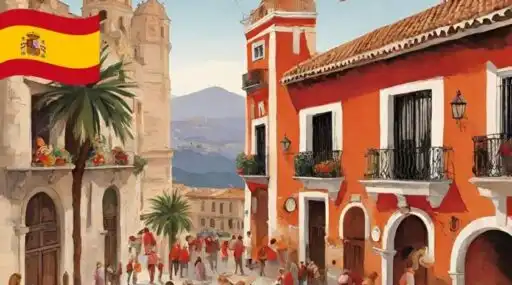In the heart of Chilean music, the name Inti-Illimani resonates like a timeless melody, echoing the rich cultural heritage of a nation. Formed in the crucible of the 1960s, this folk ensemble transcended geographical boundaries, weaving indigenous Andean traditions into a global tapestry of sound. This blog embarks on an exploration of the captivating biography of Inti-Illimani, tracing their origins, musical evolution, and the indomitable spirit that has made them ambassadors of Chilean culture worldwide.
The Genesis of Inti-Illimani:
In 1967, against the backdrop of a world undergoing profound social and political changes, Inti-Illimani was born. The name, translating to “Sun of the Illimani” in Quechua, signaled a commitment to drawing inspiration from the heights of the Andean mountains, both musically and metaphorically. The founding members, students from the Technical University Federico Santa María in Valparaíso, shared a common vision of revitalizing Chilean folk music in a contemporary context.
Folkloric Exploration and Nueva Canción Chilena:
In its embryonic stage, Inti-Illimani immersed itself in the diverse folk traditions of Chile. The ensemble became a torchbearer of the nueva canción chilena movement, a cultural renaissance that sought to infuse traditional music with contemporary sensibilities. Through their art, Inti-Illimani engaged in a dialogue with Chilean history, drawing inspiration from indigenous sounds while infusing their compositions with socially conscious narratives.
Instrumental Prowess and Sonic Diversity:
From the outset, Inti-Illimani distinguished itself not only through vocal harmonies but also through instrumental mastery. The group incorporated a range of traditional Andean instruments, including the charango, quena, and zampona, creating a sonic palette that mirrored the varied landscapes of Chile. This instrumental prowess became a hallmark of their sound, inviting listeners into a musical journey that transcended conventional boundaries.
Political Turmoil and Exile:
The early 1970s marked a period of intense political turbulence in Chile. Salvador Allende’s socialist presidency, a beacon of hope for social change, was cut short by the military coup led by General Augusto Pinochet in 1973. Faced with the oppressive regime, Inti-Illimani confronted a stark choice: conform or resist. Opting for resistance, the group went into exile, becoming musical ambassadors carrying the spirit of Chilean folk traditions to distant shores.
Global Solidarity and Musical Nomadism:
For the next 15 years, Inti-Illimani embarked on a global odyssey, touring extensively and sharing their music with audiences worldwide. This period of musical nomadism not only preserved their artistic freedom but also solidified their commitment to global solidarity. Their performances became a testament to the universal language of music, transcending cultural and linguistic barriers to connect with people from diverse backgrounds.
Evolution and Fusion of Musical Influences:
Exile served as a catalyst for Inti-Illimani’s musical evolution. While preserving their roots in Chilean folk traditions, the group embraced a broader spectrum of influences. Elements of jazz, classical, and world music seamlessly fused with their indigenous sounds, creating a genre-defying musical tapestry. This fusion not only showcased their artistic versatility but also reinforced the idea that music, at its core, is a fluid and borderless expression.
Return to Chile and Cultural Reconnection:
The winds of change began to sweep across Chile in the late 1980s, leading to the eventual return of democracy. Inti-Illimani seized this opportunity to return to their homeland in 1988, marking a triumphant homecoming. The reunion with Chilean audiences symbolized not just a geographical return but a reconnection with the roots of their music and a reaffirmation of their commitment to the ongoing struggle for justice and human rights.
Collaborations and Cross-Cultural Dialogues:
Inti-Illimani’s commitment to global harmony is exemplified through their collaborations with musicians from around the world. By engaging in cross-cultural dialogues, the ensemble showcased the interconnectedness of musical traditions. Collaborations with artists of diverse genres further underscored their belief in the ability of music to foster understanding and bridge cultural gaps.
Masterpieces and Timeless Albums:
Throughout their prolific career, Inti-Illimani has gifted the world with a discography of timeless albums. Works like “Canto de Pueblos Andinos,” “Imaginación,” and “Palimpsesto” stand as masterpieces, encapsulating the group’s evolution and musical prowess. Each composition is a chapter in the ensemble’s journey, reflecting their dedication to storytelling through the universal language of music.
Educational Initiatives and Cultural Preservation:
Beyond their performances, Inti-Illimani is actively involved in cultural preservation and education. The group recognizes the importance of nurturing the next generation of musicians and ensuring the continuity of indigenous Andean traditions. Educational initiatives undertaken by Inti-Illimani serve as a testament to their belief in music as a tool for cultural preservation and empowerment.
Awards and Accolades:
Inti-Illimani’s contributions to music and cultural diplomacy have been recognized with numerous awards. Their ability to seamlessly blend tradition with innovation has garnered appreciation from both critics and audiences. The accolades bestowed upon them reflect not only their musical prowess but also their impact as cultural ambassadors on the global stage.
Legacy of Cultural Resilience:
The legacy of Inti-Illimani is one of cultural resilience, transcendence, and unwavering commitment to social justice. Their music has served as a sonic bridge, connecting Chilean heritage with the broader human experience. The group’s ability to navigate political adversity, embrace diverse influences, and return to Chile as cultural icons underscores the enduring power of music as a force for resilience and resistance.
Conclusion:
Inti-Illimani’s biography is a symphony of cultural exploration, resilience, and global harmony. From their origins in the nueva canción chilena movement to the expanse of their musical evolution in exile, the ensemble has crafted a narrative that transcends borders and resonates with the shared human experience. Their commitment to preserving Chilean folk traditions, fostering global solidarity, and nurturing the next generation of musicians positions Inti-Illimani as not just a musical group but as cultural ambassadors whose melodies continue to traverse continents, echoing the sunlit peaks of the Illimani and the hearts of audiences worldwide.
.- Youtube Feature Video: Inti Illimani – La exiliada del Sur – Encuentro en el Estudio – Temporada 7 Link here.







































Leave a Reply